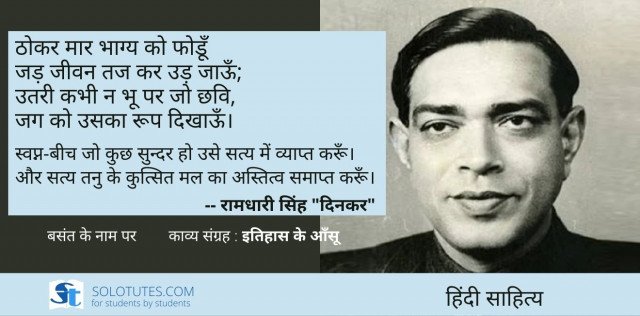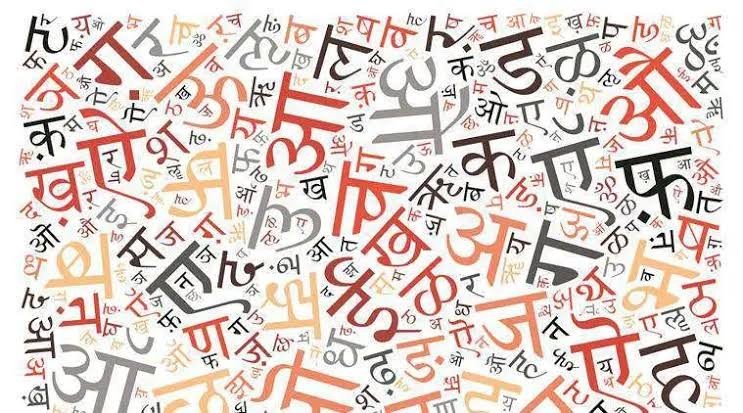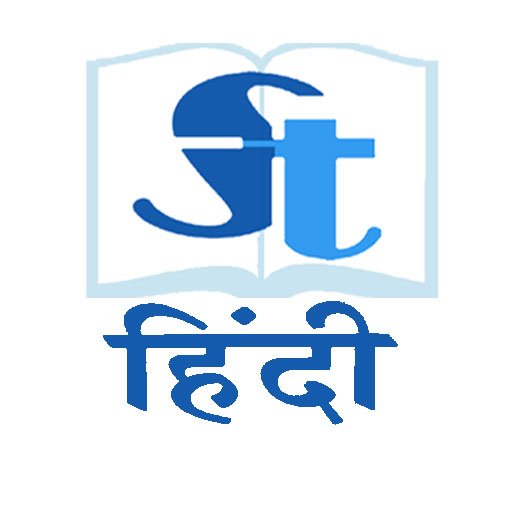Fundamental Rights are described in which articles of Indian Constitution?
- Article 12 to 35
- Article 14 to 32
- Article 14 to 35
- Article 12 to 32
Article 12 to 35 contained in Part III of the Constitution deals with Fundamental Rights.
Who proposed the theory of the expanding universe?
- Georges Lemaitre
- Galileo Galilei
- Edwin Hubble
- Claudius Ptolemy
American astronomer Edwin Hubble discovered in the 1920s that the Universe is expanding by showing that most galaxies are receding from the Milky Way and the farther away they are, the faster they are receding.
If there is a deadlock between Rajya Sabha and Lok Sabha over an ordinary bill, it will be resolved by
- The President
- The Council of Ministers
- The Joint Session of Parliment
- The Supreme Court
The Joint Session of Parliament resolves the deadlock between Rajya Sabha and Lok Sabha over an ordinary bill.
________ implies that sustainable development should take a holistic approach towards notions of progress and give equal importance to non-economic aspects of wellbeing.
- National Happiness Index
- Psychological Wellbeing Index
- Living Standards Index
- Community Vitality Index
Gross National Happiness (GNH), sometimes called Gross Domestic Happiness (GDH), it provides a way for the country to understand and enact progress based on the society's value of happiness.
What Are Constellations?
- A group of stars that appears to form a pattern or picture
- Small chunks of ice and rock come from the outer edge of the solar system
- Collection of billions of stars
- Small irregularly shaped rocks made up of metal or minerals
A constellation is an area on the celestial sphere in which a group of visible stars forms a perceived pattern or outline.





